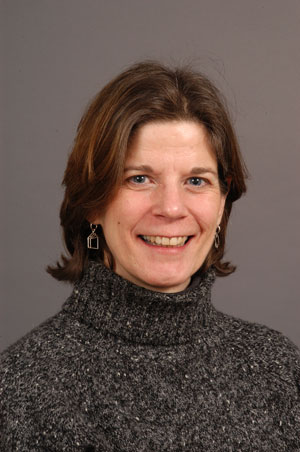Faculty Profile
Carol Ann Johnston
Professor of English; Martha Porter Sellers Chair of Rhetoric and the English Language (1990)Contact Information
East College
717-245-1268
Bio
Her teaching interests include literature of the Early Modern period with foci on Shakespeare, Milton, and lyric poetry; visual poetry including letterpress printing; the history and culture of the book and printing; New Historicism and Cultural Materialism, and Southern Women Writers. Her current research includes Thomas Traherne and seventeenth-century visual culture; John Donne and the book; Eudora Welty's The Bride of the Innisfallen and desire. She has published a book on Eudora Welty's short stories as well as articles on Welty and critical reception, photography, lyric poetry, and language; her manuscript placing poet Thomas Traherne in the context of seventeenth-century visual culture re-centers his work in relation to Civil War politics and includes work on linear perspective, emblem books, court masques, iconoclasm, and mirrors. She has also published articles on Traherne and sectarianism, linear perspective, and court masques. Her poems have appeared in Shenandoah, Hawai'i Review, Pilgrimage, and The Drunken Boat.
Education
- B.A., Baylor University, 1978
- M.A., 1980
- M.A., Harvard University, 1983
- Ph.D., 1992
